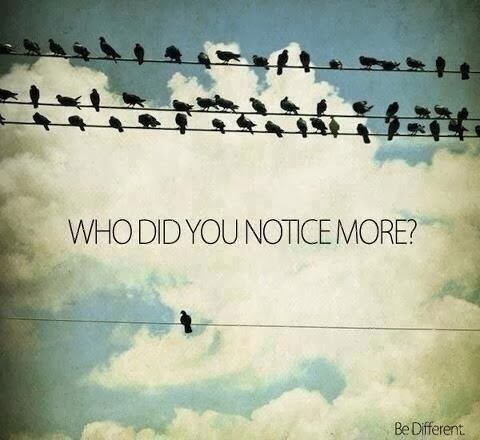In
this important New York Times column, David Brooks lists several
mental skills that will be less
valued as computers become increasingly powerful and prevalent in the
workplace:
-
Having a
great memory;
-
Being an
A student by gathering lots of information and regurgitating it back on tests;
-
Doing
any mental activity that involves following a set of rules.
But which human skills
will be more important? Here are some specific abilities he believes will be of
great value in the age of brilliant machines:
• Having what
Brooks calls “a voracious explanatory drive, an almost obsessive need to follow
their curiosity… diving into and trying to make sense of these bottomless
information oceans.”
• Being quick
to recognize an interesting event and get the word out to others, perhaps on
Twitter;
• Being able to
grasp the essence of one thing, then the essence of something quite different,
and put them together to create something entirely new.
• Being able to
visualize data and present it in vivid graphic form;
• Having an
extended time horizon and strategic discipline – an overall sense of direction
and a conceptual frame. “In a world of online distractions, the person who can
maintain a long obedience toward a single goal, and who can filter out what is
irrelevant to that goal, will obviously have enormous worth,” he says.
• Possessing a
Goldilocks level of team leadership – not too controlling and not too loose.
“One of the oddities of collaboration is that tightly knit teams are not the
most creative,” says Brooks. “Loosely bonded teams are, teams without a few
domineering presences, teams that allow people to think alone before they share
results with the group. So a manager who can organize a decentralized network
around a clear question, without letting it dissipate or clump, will have
enormous value.”
“The role of the human is not to be dispassionate,
depersonalized, or neutral,” concludes Brooks. “It is precisely the emotive
traits that are rewarded: the voracious lust for understanding, the enthusiasm
for work, the ability to grasp the gist, the empathetic sensitivity to what
will attract attention and linger in the mind. Unable to compete when it comes to
calculation, the best workers will come with heart in hand.”
“What
Machines Can’t Do” by David Brooks in The
New York Times, Feb. 4, 2014 (p. A19),

No comments:
Post a Comment